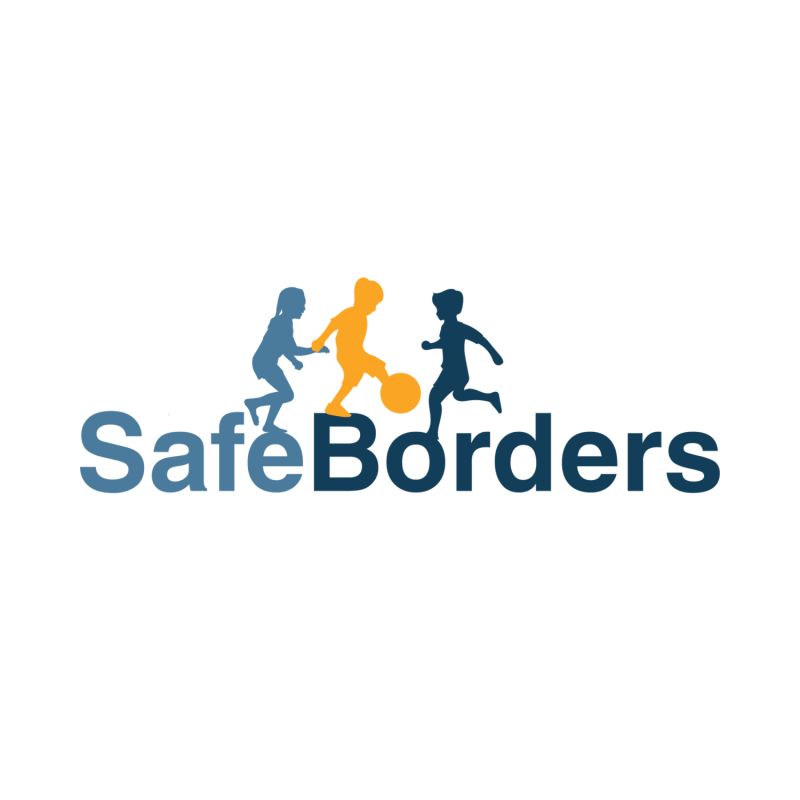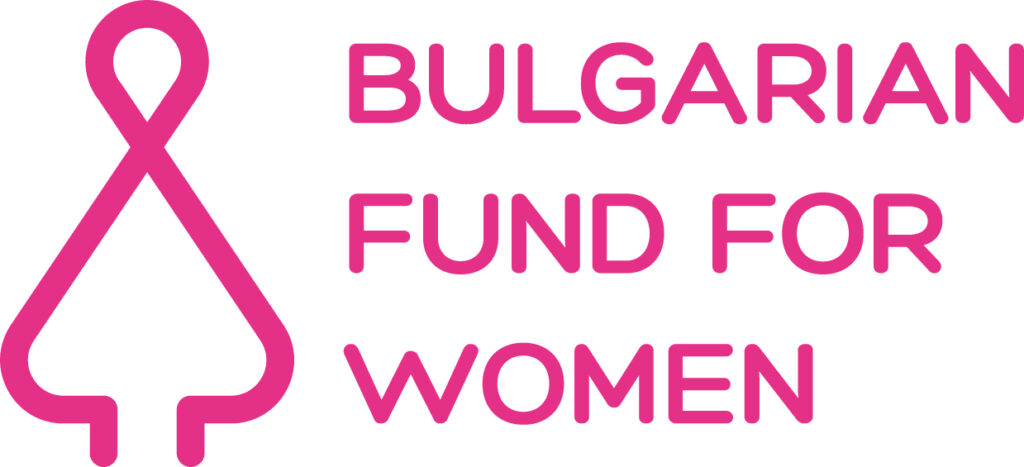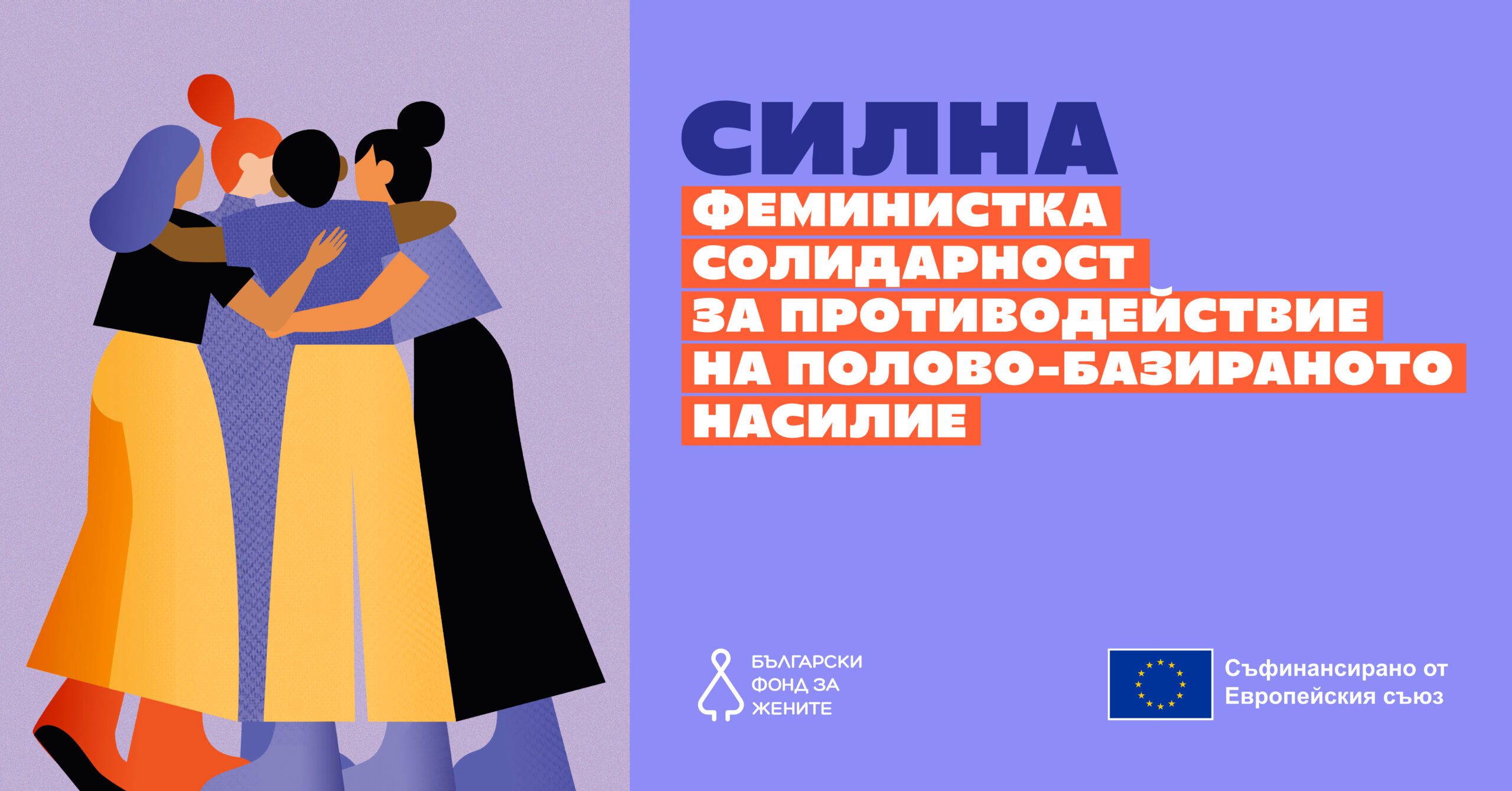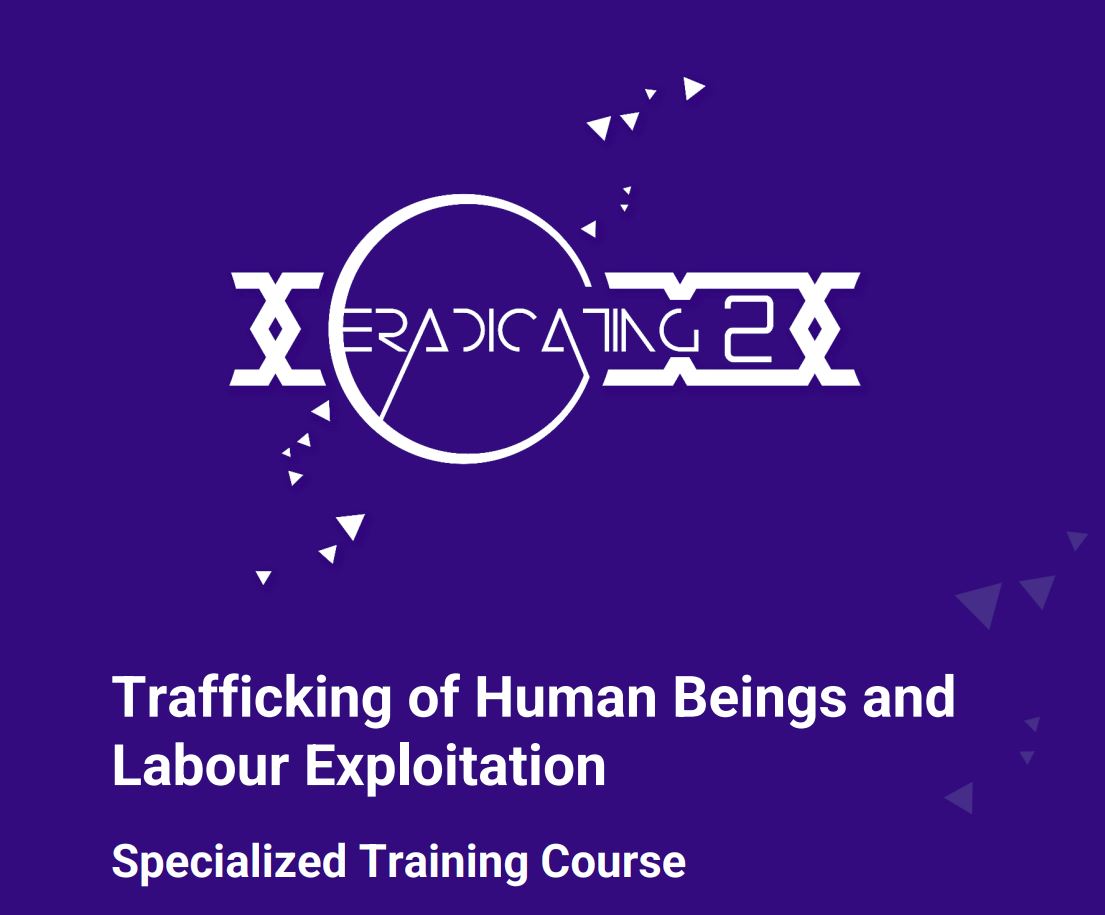When Children Disappear in the System: A Glimpse into Child Trafficking

Child trafficking remains a serious but often invisible issue, both globally and nationally. In Bulgaria, approximately 10% of all identified victims of trafficking are children. We continue to function as a country of origin and as a transit and destination point. Despite institutional efforts, the challenges to effective prevention and protection remain significant.
In response to this alarming trend, on June 3rd, 2025, the Center for the Study of Democracy launched the European initiative SafeBorders: Strengthening Judicial Expertise and Frontline Support to Combat Child Trafficking, bringing together public institutions, international partners, and civil society organizations.
Ms. Kamelia Dimitrova, Executive Director of Dignita Foundation, joined the event as a speaker, presenting key data and analysis on child trafficking trends, the main obstacles to identifying and protecting victims, and our prevention work with one of the most vulnerable groups – children placed in residential care.
What the Numbers Say
Globally, child trafficking is on the rise. According to UNODC (2024), between 2019 and 2022, the number of registered child victims increased by 31%. In 2022, children made up 38% of all identified trafficking victims worldwide. Girls are most often trafficked for sexual exploitation, while boys are primarily subjected to forced labor and criminal activity. In Europe, there has been a notable increase in the trafficking of boys, particularly among unaccompanied minors.
In the European Union, data from the European Commission shows that one in five identified trafficking victims in 2021–2022 was a child. Most of these children are EU citizens exploited within their own countries often through sexual violence, forced begging, or criminal exploitation. Eurostat reports that in 2023, children accounted for 13% of all registered trafficking victims in the EU, a figure that demands urgent attention from member states.
At the national level, Bulgaria is no exception. In 2023, 12 children were formally identified as trafficking victims. The State Agency for Child Protection worked on 27 cases involving 38 children – mostly girls. Many of them had been returned from countries such as the United Kingdom, Germany, and Austria. Children in institutions, those without parental care, and those from marginalized and Roma communities are among the most at risk.
What Experts Recommend
An effective response to child trafficking requires a long-term, systemic approach that goes beyond reactive measures. First and foremost, strong mechanisms for early identification are essential. This includes trained professionals, coordinated interagency work, and sensitivity to risk factors. The justice system must also ensure that trafficked children are never held responsible for actions committed under coercion. Meanwhile, online risks must be addressed with clear commitments from digital platforms and educational initiatives targeting children and their families.
What We Do at Dignita
Dignita Foundation’s prevention work focuses on those most often overlooked – young people without parental support, children in institutions or residential care, Roma communities, unaccompanied minors, Ukrainian refugees, and women in prostitution. We work directly in the field through empowerment-based sessions that help participants recognize violence, trafficking, and online risks.
In 2025, we are launching a new initiative with the support of the Bulgarian Fund for Women, which will allow us to work directly with children placed in family-type residential centers in Sofia. As part of the project, we will conduct training for directors and staff from these care centers to improve understanding of trafficking risks and prevention strategies. In parallel, we will launch a mentorship program with the children focusing on skills like self-protection, independence, and informed decision-making, to help them stay out of the hands of traffickers.
This project is implemented with the financial support of Bulgarian Fund for Women. The project does not reflect the opinion of BFW and BFW is not responsible for it.




